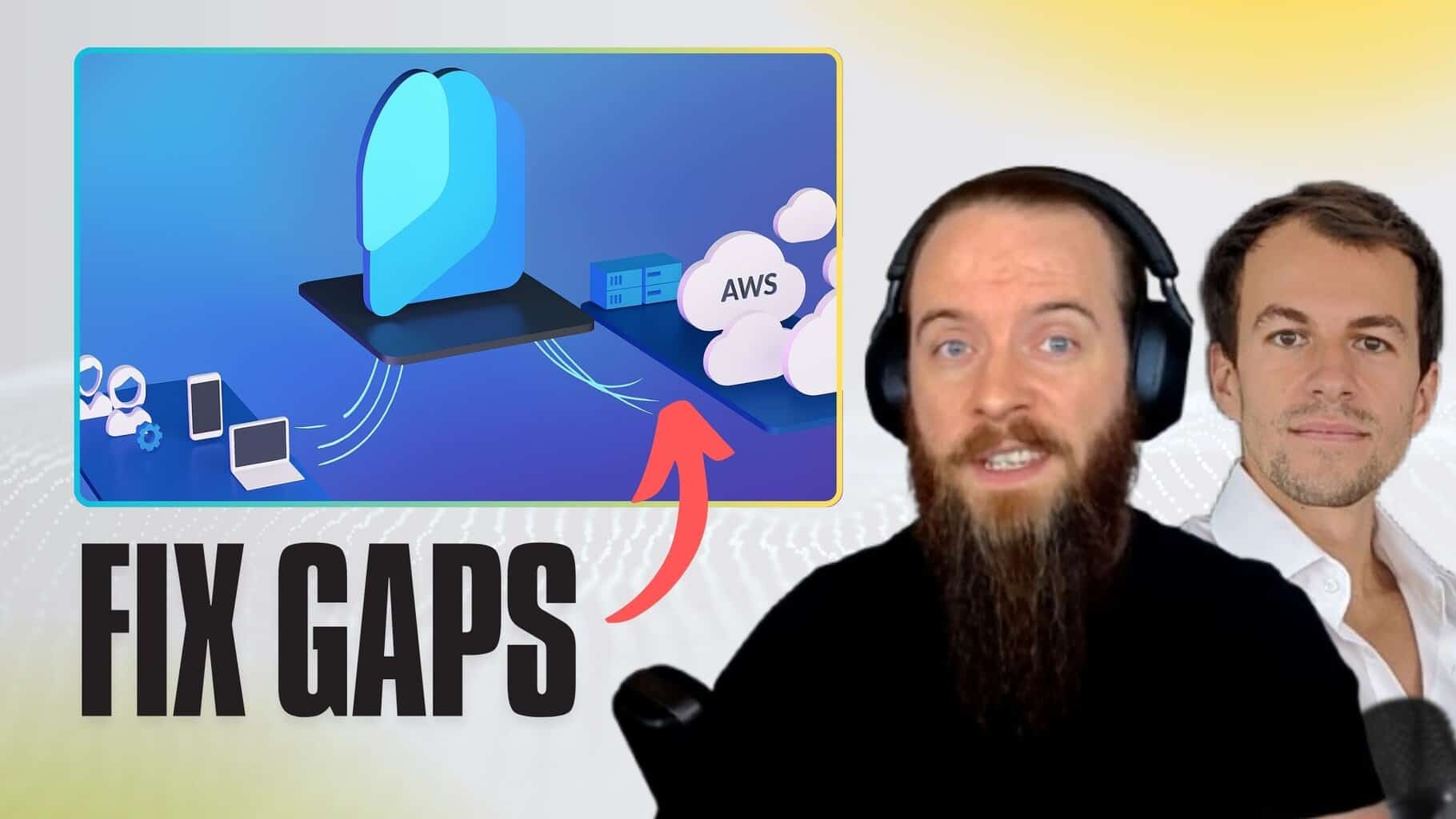Platform play is a method of vendor consolidation adopted to reduce the longer-term complexity of organisations’ security stack. Businesses currently employ an average of 76 solutions in their stack (a 19% rise since 2020). Once a necessary means of plugging gaps in expanding security environments, this vendor sprawl is now becoming a thorn in the side of security teams and operational decision makers alike. Platform play seeks to consolidate this often-disparate array of vendor solutions into intuitive security platforms with interconnected tools. This approach provides cyber security teams with a central point for control, management, and visibility.
In a recent study by Gartner, 75 per cent of organisations revealed that they’re now pursuing security vendor consolidation. This constitutes a 46 per cent increase since 2020. Major security players are responding to growing demand and combining their security solutions to offer cohesive platforms from trusted names. Microsoft, Palo Alto and Symantec are among those to develop an interconnected platform that replaces multiple point solutions and uses rich contextualised data to provide high-quality, manageable insights.

Security requirements look different for every business, and for maximum coverage the focus should be on consolidation rather than a complete suite replacement. While platform solutions may have the capability to manage the majority of an organisation’s security needs, additional tools still have their place. Many can expect a platform to shoulder the majority of the security burden, with niche tools complementing the offering on a case-by-case basis.
What are the Benefits of Platform Play?
Cyber security platforms offer organisations the means to integrate security control and analysis with improved visibility throughout the entire security stack. This cohesive alternative to a sprawl of vendors and tools strengthens defences, enables scalability, and improves performance.
If your security solutions feel out of control, and are no longer serving business needs, you may look to consider platform play for:
Reduced Complexity
For security buyers that favour a best-of-breed approach, platform play may seem worryingly simplistic. However, the benefits to security posture come from optimisation that reduces long-term complexity.
The more solutions, the greater the attack surface. And as the attack surface grows, the potential for misconfigurations and unidentified vulnerabilities increases. With fewer, more manageable tools, maintenance becomes less arduous, and engineers are able to better protect their environment from threat actors.
Reduced Costs
The shift to platform play from an array of point solutions may not yield immediate cost savings. Rather, organisations should view this method of vendor consolidation as an ongoing journey to reduce longer-term security complexity. In time, this optimisation of your security stack is likely to do away with unnecessary licences to solutions that are no longer needed.
As well as streamlining your existing stack, the continual native development within platforms can also prevent the need for new solutions to meet emerging threats, offering peace of mind for the future.
Platform play lends itself to effective reporting. When breaches are tracked across numerous tools with differing data reports, pinpointing which solution provided engineers with the necessary insight makes impact reporting a minefield. With measurable data from fewer sources, demonstrating ROI becomes simplified.

Improved Attack Response
An overinflated suite of security solutions can generate an uncontrollable quantity of threat alerts for security staff. Where one alert is actionable, an endless stream becomes white noise. This desensitisation is referred to as alert fatigue. Unsurprisingly, when staff are faced with too many security tools to effectively manage, Microsoft reports that 44 per cent of alerts are not investigated.
With a broad selection of vendors, alerts are not only numerous, but also varied in their format and content. Consolidating your vendor selection and streamlining your posture will simplify the threat intelligence received by your security team. With concise, actionable data, engineers can provide a quick response every time.
A Manageable Training and Maintenance Workload
Rather than training cyber security staff on a broad range of solutions, platform play simplifies teams’ jobs by providing fewer interfaces and functionalities to master.
Where additional support is needed, external managed services are available to help organisations optimise their security platform to ensure best practice is being observed.

Is Platform Play Right for Us?
Whether you’ve deployed 5 solutions or 50, consolidation of your security posture – where possible – in the interest of manageability should always be on your radar. For organisations with a sprawling security stack spanning a range of disparate vendors, consolidation via platform play is a step towards cohesion and simplicity.
If you’re concerned that your current suite of solutions isn’t performing to its full potential (or you’re unable to gauge its performance thanks to unwieldy data!) you may consider migrating to a platform.








